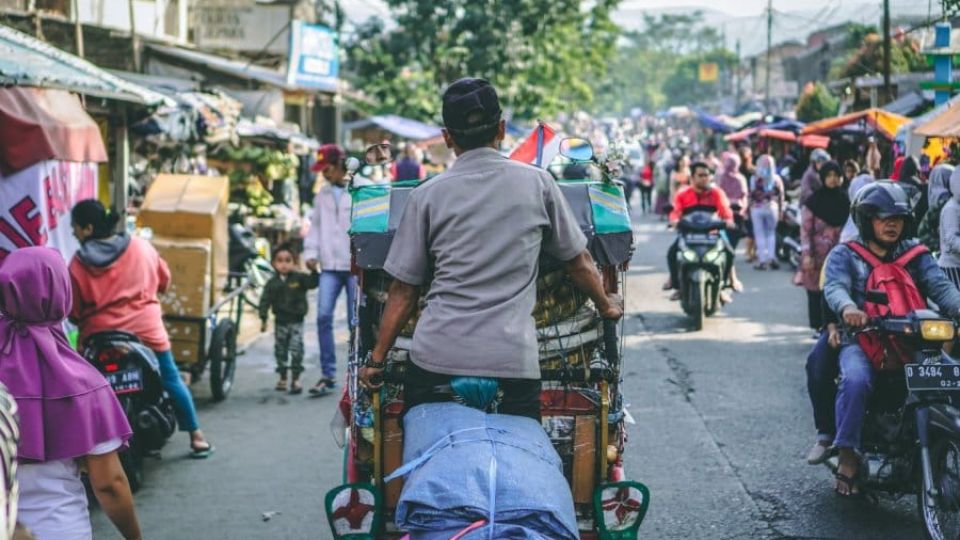May 5, 2023
JAKARTA – Indonesia is seeing another spike of COVID-19 cases fueled by the spread of the highly contagious Arcturus subvariant and greater public mobility during the annual Idul Fitri mudik (exodus) season.
Authorities reported 2,647 new infections on Wednesday, the highest daily caseload in five months, and 15,707 active cases. Last week, there were 12,504 new cases, almost double the figure in the previous week with 6,371 new cases.
Health Ministry spokesperson Mohammad Syahril said that the increase in cases had also led to an increase in hospital bed occupancy rates across the country.
“Out of 42,293 available hospital beds nationwide, 8.1 percent are occupied, with around five major hospitals across the country seeing more than a 50 percent increase in patient numbers,” Syahril said in a statement on Thursday.
According to data from the ministry, as per Wednesday, there were 2,696 people being treated in hospitals for COVID-19, with 140 of them receiving intensive care.
Ministry official Siti Nadia Tarmizi said that the surge in new infections would likely peak by the middle or the end of this month, although she did not mention the number of estimated cases.
“Considering the mudik season and its return flow, we estimate the cases will peak in the middle of May until the end of May,” Nadia told The Jakarta Post on Thursday.
Arcturus fueled spike
This year’s Idul Fitri mudik was the first since the beginning of the pandemic to be free of COVID-19 travel restrictions. The government estimated that 123 million people, 46 percent of all Indonesians, took part in this year’s mudik, the highest number in history.
This massive increase in public mobility occurred just a month after Indonesia reported its first case of the highly contagious XBB.1.16 subvariant, known as Arcturus, which has been linked with case spikes in a number of countries such as India and neighboring Singapore.
Most of the new COVID-19 cases found in Indonesia today are dominated by the Arcturus and Kraken subvariants, according to Syahril.
The WHO classified in March the Arcturus as a new variant “under monitoring”, meaning it is not as serious as variants of interest or of concern, and the virus has spread to more than 30 countries to date. A WHO official has said that so far there is no evidence that the virus causes more severe symptoms but urged the public to remain vigilant.
A study by the University of Tokyo found that Arcturus was nearly 1.2 times as transmissible as the XBB.1.5, Kraken, subvariant, another highly contagious version of the Omicron variant.
Despite the new variant not causing more severe symptoms, national COVID-19 fatalities have increased since early April, Syahril said. On April 28, Indonesia recorded the highest number of fatalities in six months, with 37 deaths.
Syahril urged the public to get booster doses to better protect themselves against the virus, highlighting that out of the 1,423 people who have died from the coronavirus this year, almost half of them were unvaccinated.
“It’s also very important to implement health protocols such as wearing masks when sick or when in crowds. We all know that an increase in public mobility will lead to an increased risk of coronavirus infections, but we can minimize the risk by remaining disciplined in adhering to COVID-19 health rules,” he said.


